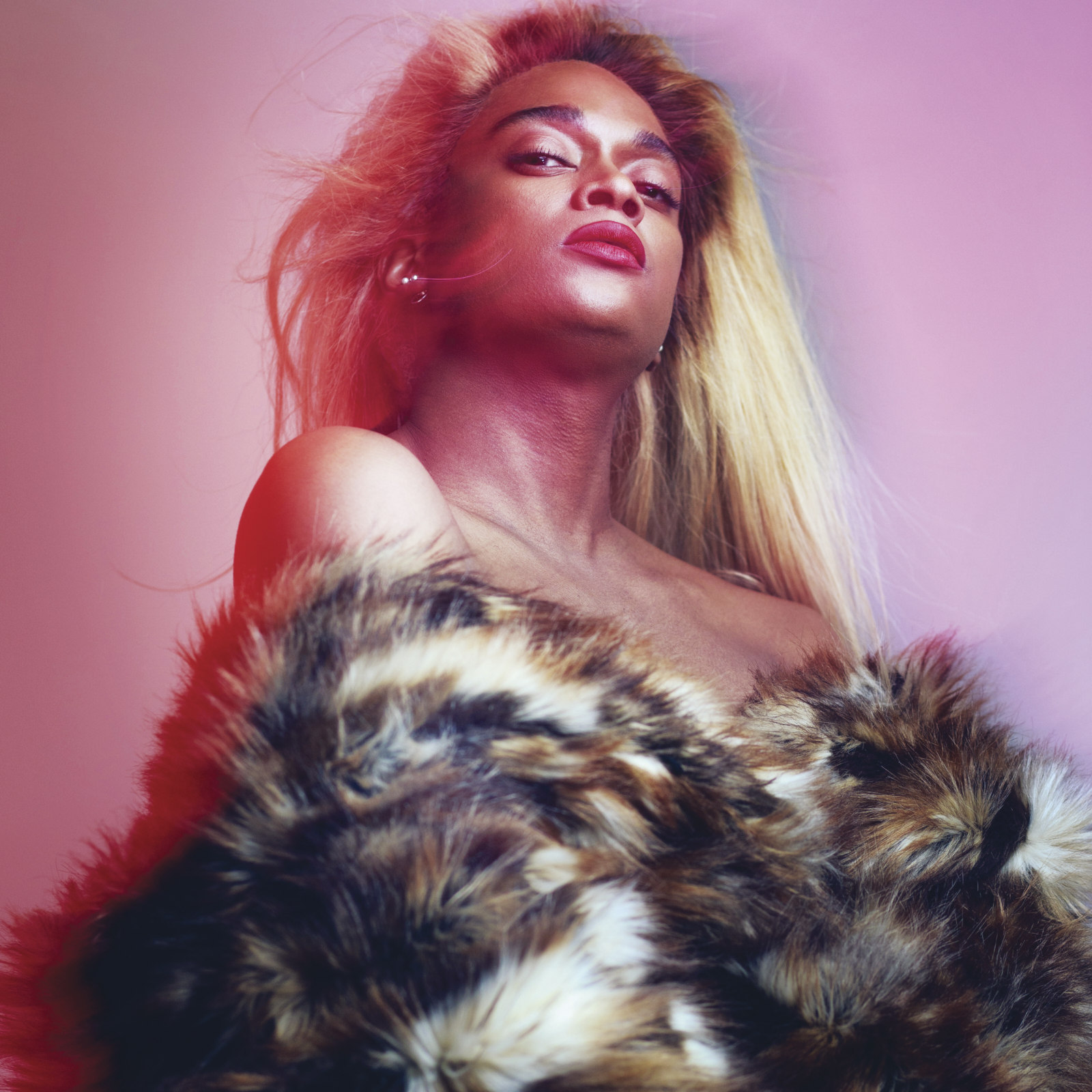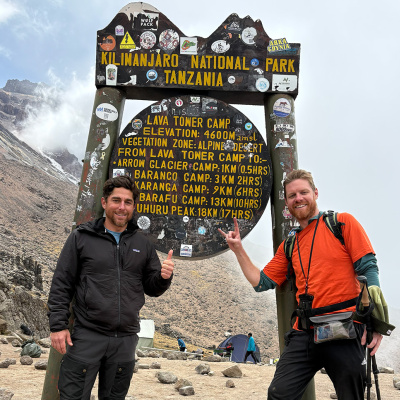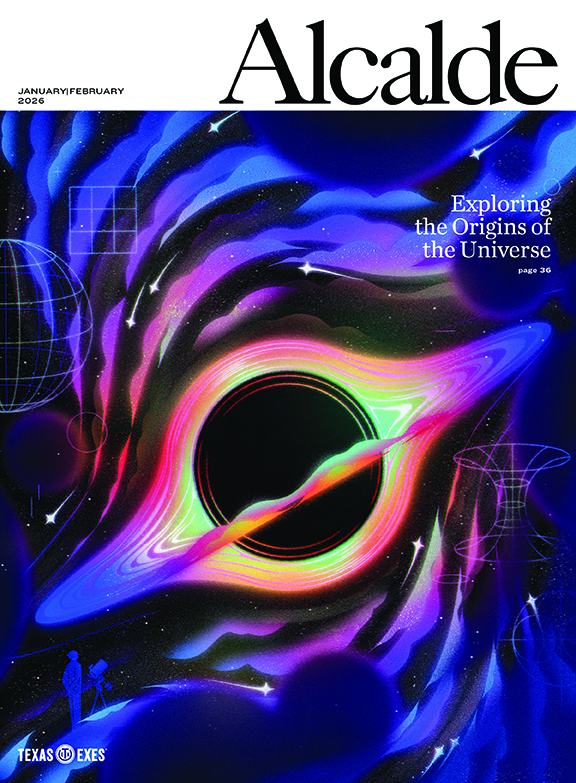A Texas-born, Berlin-based Electronic Musician Finds Her Voice

Lotic looks comfortable. When we talk over Zoom in late August, she lounges on a couch in her Berlin apartment, her smiling face propped up on her perfectly manicured hand. As we chat about her production techniques, her expatriation from Texas, and touring amid a pandemic, she gesticulates wildly, widens her eyes when she gets excited, and punctuates her most entertaining stories with a booming laugh.
But there is nothing comfortable about the frenetic, emotional electronic music J’Kerian Morgan makes under the name Lotic. On the cusp of releasing her second full length, Water, (the title a nod to the literal definition of lotic, pertaining to organisms inhabiting fresh water) the artist has been lauded for her distinctive sound, one that The Guardian referred to as “gnarly, powerful electronica.”
When Lotic boarded her flight from Texas the day after UT graduation in 2012, she thought she would be free of struggle. She was moving to Berlin, a city known for its history of gay culture and electronic music. But she quickly learned that life as an artist can be difficult anywhere; and that being transgender and Black has unique challenges around the globe. “There’s no such thing as a utopia,” she says, stretched out and still smiling. “That’s become very clear to me.”
In 2017, Lotic, BS ’12, was in the middle of recording her debut album, Power, for recently defunct avant electronic label Tri Angle, when she heard a knock at her door. The person on the other end informed her that the tenant from whom she was subletting hadn’t paid the rent. For months she slept on friends’ couches as she struggled to piece together what would become her critically acclaimed full length debut, an album that the music website Pitchfork said, “tiptoed the line between exuberance and terror.” Shortly before the record was released, on her 29th birthday, Lotic announced on Facebook that she would no longer use masculine pronouns.
“That record was very, very difficult to finish,” Lotic says. “I just felt like everything was slipping through my fingers.”
Lotic’s musical career began across the globe, in Houston, Texas, back when she was around 10 years old. Watching her intermediate school marching band at a basketball pep rally, she was overcome with inspiration as woodwinds and horns enveloped the hallways.
“They were so happy and there was so much energy. I was just like, ‘I want that. I want to give people that,’” she says. “The feeling I had seeing that was like, that’s what I want to do.”
She wanted to be a drummer, but took up alto sax, which she hated. Still, she felt compelled to make music. She graduated high school in 2007 and enrolled at UT, where she spent two years as a film production major in the Radio-Television-Film department and two years as a film studies major. She says the film studies portion was more interesting because she didn’t care for the production aspects of splicing film; she’d rather be the person composing the music for the images. Outside the classroom, she experimented in doing just that.
“I thought I was gonna be kind of a film composer, but I was also in Austin, Texas,” she says. “Then I thought I was going to be, you know, like one of these indie pop stars on Pitchfork and I got a loop pedal.”
Lotic DJed at local Austin clubs and bars, and started experimenting with the DJ production software Logic, recontextualizing some of her favorite songs. That led her to the Experimental and Electronic Music Studios at UT, a place where she could cultivate her burgeoning sound—theoretically dance music, but darker and more frenetic than anything other DJs were playing.
“I did that for the last two years [in Austin], and I was like, I am a musician,” Lotic says. “This is what I want to do.”

She released a mixtape in 2011, More Than Friends, which showed her ability to synthesize minimalistic production with complex rhythms and dark, textured electronic sounds. On her way out of town, in 2012, she was working on and releasing a variety of DJ mixes that vacillated between Baltimore club, trap, hip hop, and her own idiosyncratic brand of experimental electronic music.
By 2014, already settled in Berlin, Lotic released Damsel in Distress, a mixtape that caught the attention of the electronic music world, particularly her remix of Beyoncé’s “Drunk in Love.” Lotic was commended for flipping her childhood hero’s glossy chart-topper on its head, exposing the grimy underbelly. It was a love-hate letter to her hometown and her current city, and a recognition of the complicated relationship she has with both. She had to leave Texas—“I don’t think I would’ve ever transitioned if I was in Texas,” she says—but she still struggled to find herself in Germany.
“I’m not ever gonna feel at home anywhere, but I will take all of this information with me wherever I go,” she says.
The mixtape caught the attention of Björk, who asked Lotic to remix a track and open for the longtime veteran experimental pop singer in Berlin.
“I’m playing my stuff to 10,000 people, so honestly I would say I was not prepared for that mentally,” she says. “I did my best musically … [Björk] was excited, so that’s all I had to do. Job done. It opened a lot of doors, but I’m such a perfectionist and such a rehearsal queen that I’m like, I wasn’t ready. No amount of gassing me up is going to change my opinion about that.”
Popular as she was in the underground, Lotic needed to find her voice.
The first video for Water, “Come Unto Me,” shows Lotic writhing near a coral reef, shimmering in purple and gold hypercolor, tendrils emanating from all over her body. Directed by fellow Berliner Matt Lambert, it’s a psychedelic, personal-seeming glimpse at Lotic. But it’s also a political statement. “1.8 million Africans died on the Middle Passage; their bodies were thrown into the Atlantic,” Lotic wrote in a release that accompanied the video. “Had their cells been able to adapt to this new ecosystem, and thrive and multiply, perhaps a glorious new culture and history would have been possible.”
Lotic and Lambert have been close collaborators since at least 2013—he shot visuals of Lotic for Dazed magazine, she scored his short film MEAT—and Lambert says Lotic’s musical growth is apparent.
“Over the years, I feel the music has gotten much more emotional, operatic, and personal,” he wrote in an email. “Plus vocals and storytelling have become much more prominent.”
At UT, in the Electronic Music Studios program, Lotic worked on musique concrète projects, a form in which the creator manipulates organic sounds to create collage-type compositions. Her output before Water utilizes some of these elements, but until now, she hadn’t really used her voice as an instrument.
“I made a lot of really terrible vocal sketches even then [at UT], but for the first couple of releases, I didn’t do any vocals—not my own voice anyway,” she says. Power is mostly instrumental, as she wasn’t yet completely comfortable with her voice, and, because she says she’s a perfectionist, she thought, nah, she’s not ready yet. Nope, you can’t hear it yet.
“I thought I was going to be like the fourth member of Destiny’s Child for my entire childhood,” she says, smiling but not joking. “So, the vision was always to be a quote-unquote pop star.”
Before recording Water, Lotic worked with a vocal coach for almost two years to strengthen her voice and learn breathing techniques. Though her voice has appeared in earlier releases, never before has she made such a direct statement as herself, in her own words.
On “Always You,” her voice floats among harps and a repetitious note that sounds like a gentle alarm. It’s announcing to the listener that it’s time to wake up, that she has arrived. That, though perhaps an artist is never finished shaping herself, this is Lotic in her most complete form.
Credit: Matt Lambert, Philipp Primus






